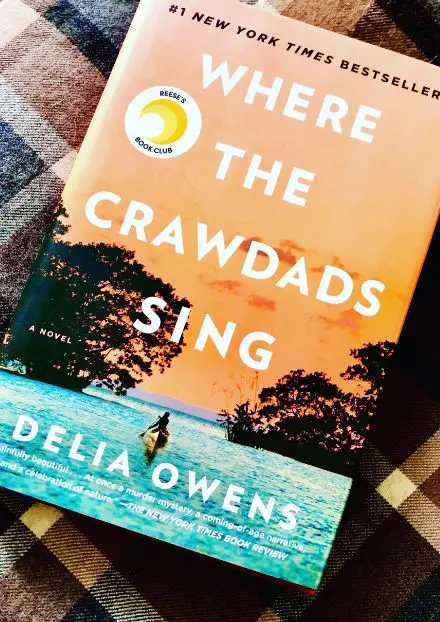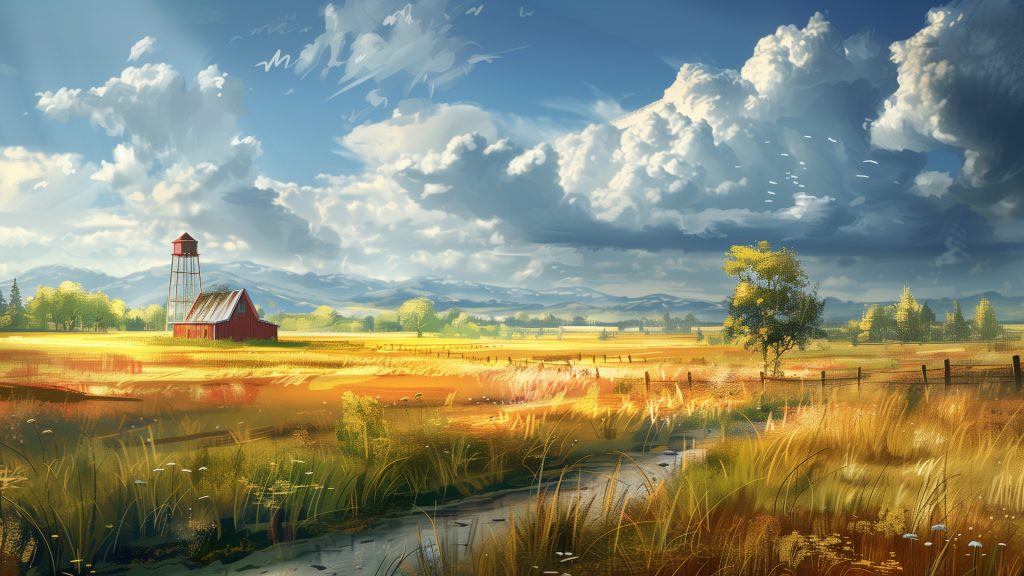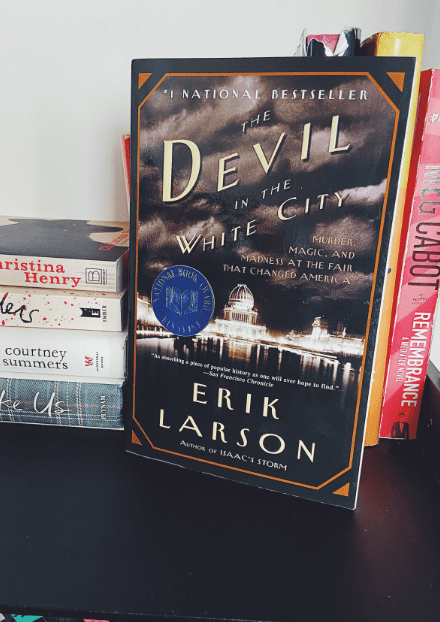We are celebrating reaching the 100th episode of the Fully Booked podcast, taking a moment to thank all the listeners for their support, whether they are new to the show or have been tuning in for a while! We express our gratitude for the interactions and regular listenership, and we are eager to continue for another 100 episodes.
Note
The following is an editorialized transcript of our weekly literary podcast. If you would like to listen to the podcast, click the play button above orlisten on your favorite platform with the links below.
What Is Modern Americana?

The episode focuses on discussing modern interpretations of Americana literature – books that capture the American experience and identity through a contemporary lens. As we move into more recent decades, we examine how the Americana genre has evolved to incorporate modern sensibilities and perspectives.
One novel discussed is Cormac McCarthy’s The Road – a stark, post-apocalyptic story that still embodies classic Americana themes of perseverance, overcoming obstacles, and striving for a better future, albeit through a distinctly bleaker modern setting. The barren landscapes mirror the struggles of the protagonists on their journey.
Delia Owens’ Where the Crawdads Sing offers a different take, exploring the protagonist’s deep connection to the natural southern marshlands she inhabits. Her story centers on resisting societal expectations and norms, and finding solace in the land itself – a more introspective modern Americana narrative about a sense of place and identity.

Where the Crawdads Sing
Google Books Preview:
Author:
Delia Owens
Published:
08/14/2018
Genre:
Publisher:
Penguin
Number of pages:
386
ISBN:
9780735219113
Neil Gaiman’s American Gods blends mythology and fantasy to reflect on America’s evolving cultural identity, belief systems, and values from its founding to the modern day. The imagining of gods representing different eras’ values cleverly personifies the nation’s philosophical shifts over time.
Chuck Palahniuk’s Fight Club is analyzed as a brutal satire and commentary on modern consumer culture, reality vs perception, and the quest for meaning – embodied by the novel’s strikingly unreliable narrator descending into disillusionment and existential crisis.
RelatedClassic Americana Novels That Laid The Groundwork For The Genre
The Help by Kathryn Stockett, while set in the 1960s American South, was published in 2009 – allowing for a contemporary reexamination of the civil rights era filtered through the lens of modern social perspectives and cultural values. Its very existence is a modernization of the Americana narrative.
Aspects Of Americana In Modern Fiction

Throughout the discussion, we highlight how recent Americana works have expanded and reinterpreted the genre – incorporating elements like gritty realism, surreal fantasy, postmodern themes, social satire, and technology’s impacts. These allow explorations of the continually evolving American identity, belief systems, and societal struggles in insightful, compelling ways.
Ultimately, the novels discussed offer a diverse array of thoughtful perspectives reflecting how the American experience has transformed over time, its themes persisting but being re-envisioned through new modern contexts and narrative styles. The Americana literary tradition continues to hold a lens up to the nation’s psyche, ambitions, and culture as it progresses into the 21st century.
We continue the discussion by examining how modern literary works interpret and reinvent the Americana genre through contemporary perspectives and narrative styles.
RelatedEssential Americana Reads: 10 Novels That Tap Into The Spirit of Americana
The novel The Help by Kathryn Stockett is analyzed as an example of providing critical social commentary on the 1960s civil rights movement in the American South – but filtered through a modern lens written decades later in 2009. The intricate portrayals of the relationships and power dynamics between the Black maids and their white employers’ families shed light on persisting racial inequalities and societal struggles.
However, the very existence of the book also represents shifting cultural values, allowing for these stories to be reexamined years later with updated perspectives.
The bizarre novel Bones and All by Camille DeAngelis is discussed as an offbeat, disturbing, yet uniquely American tale. Following two young cannibal lovers on a cross-country journey searching for belonging, the novel explores taboo themes of deviance and human urges through the framing of a classic Americana story about traversing the nation’s landscapes in search of identity and purpose. Its unsettling premise offers a modern, unorthodox spin on traditional motifs.
Americana In Nonfiction

The Devil in the White City
Google Books Preview:
Author:
Erik Larson
Published:
02/11/2003
Genre:
Publisher:
Crown Publishers
Number of pages:
447
ISBN:
9780609608449
The conversation then delves into acclaimed works of narrative non-fiction like The Devil in the White City by Erik Larson. This gripping account juxtaposes the incredible story of the 1893 Chicago World’s Fair alongside the horrific parallel narrative of serial killer H.H. Holmes’ murderous reign during that era. The book epitomizes taking a modern revisiting of a dark chapter of American history and society.
However, the difficulties of potentially adapting such sensitive real-life stories to film are debated in terms of handling the subject matter responsibly.
Related5 Best Coming-Of-Age American Novels
Relatedly, there is speculation about whether the recent film adaptation of Killers of the Flower Moon, directed by Martin Scorsese, properly captured the Native American perspectives and history it depicted. Some criticisms are noted from Indigenous communities about having an outside filmmaker’s lens helming that particular story, suggesting it may have been better suited to Native storytellers to give it the appropriate context and care it deserved.
Final Thoughts
Throughout the discussion, we see examples of how Americana literature is being reimagined and evolving with the times. Modern authors, filmmakers, and storytellers are reframing the American experience through diverse styles and perspectives – from biting social satire to disturbing psychological probing to reexaminations of marginalized histories.
The genre’s core philosophies and themes persist but are being reinvigorated to capture the complexities, struggles, and shifting identity of the nation as it continues pushing forward into the 21st century.






















